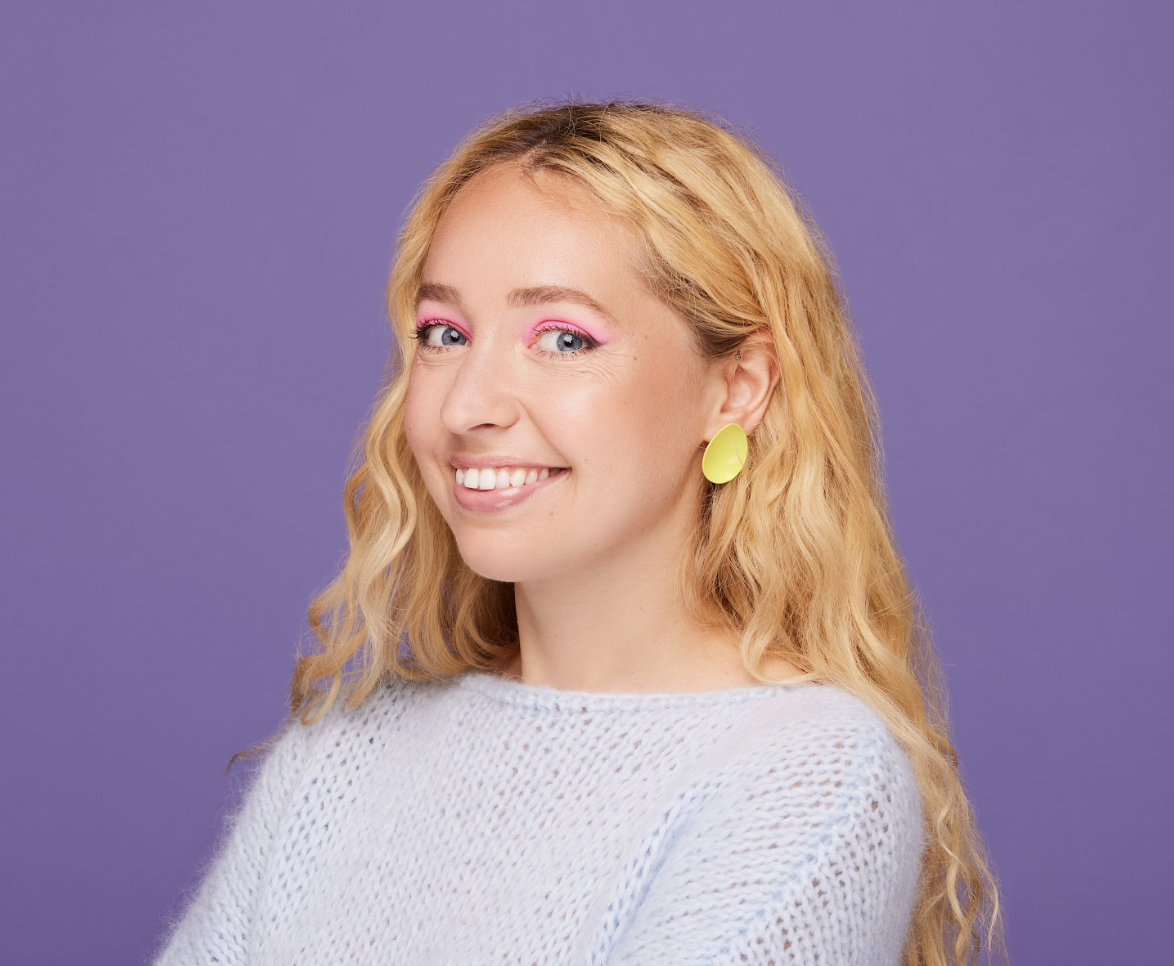-
Name of the submitted project or idea (in English or both English and your language)
Woola
-
URL of a video introducing the work(under 5 minutes)
https://youtu.be/F5bHUR_5G3c?si=_Emnyihy7YLltOe8
-
Detailed explanation of the submitted project or idea (in English or both English and your language)
Plastic packaging has two major problems: fossil fuel reliance and a single-use mindset. Woola’s co-founders Anna-Liisa Palatu and Jevgeni Širai were running an online e-commerce store when they experienced the packaging problem first-hand.
It was around this time that Anna-Liisa read an article by Katrin Kabun, a textile designer and sheep wool expert. The piece touted the durability, versatility, and overabundant supply of wool – about 200,000 tons of coarse wool goes unused in the EU every year.
Not much later, the three co-founders started Woola to reduce the demand for single-use plastic bubble wrap by offering a better alternative – protective packaging made out of leftover wool.
Today, premium e-commerce and luxury retailers use Woola packaging to protect fragile products during shipping and deliver a message of sustainability with the parcel. Some of Woola's customers include BioGaia, Mademoiselle bio and two houses of the LVMH Group.
As of October 2024, Woola has sold more than 1 million pieces of wool packaging, replacing about 140,000 square metres of plastic bubble wrap. -
How does your work address the 3 P’s (for Planet, for People, for Profit) for Sustainability?
Planet:
1. Up to 90% of wool goes to waste across countries in Europe, adding up to 200,000 tonnes every year. Woola uses such waste wool to replace plastic bubble wrap, fighting both plastic waste and wool waste at the same time.
2. Importantly, we source our wool directly from small-scale sheepfarmers in Estonia (we do not work with factory farms) to ensure our Know Your Wool due diligence process is followed.
3. Woola packaging is reusable and we also have an active circular pilot project in Estonia, in collaboration with the largest local department store, Kaubamaja.
4. Most of our product range is made of 100% wool, making it suitable for home composting.
People:
1. We pay our people a fair salary.
2. All our employees are made partial owners of the company through stock options.
3. Our production lines do not require physical strength, so we opened our factory in an industrial town called Paldiski to offer jobs to women, who are otherwise chronically underemployed in the area.
4. As a B Corp Certified company, we have strong diversity and ethics policies in place.
Profit: Our business goal is to reach profitability by January 2026. -
Keywords
#sustainablepackaging #woola
-
If you have a website for your submitted project or idea, please provide the URL
https://www.woola.io/
-
If you have a social media account for your submitted project or idea, please provide the URL
https://www.instagram.com/woolapackaging/
-
Special Prize Question 1: "Empowering nature to create a new loop”: How does your work strengthen or support nature’s ability to capture and convert waste into valuable resources? How does your work advance industry practices by introducing nature-positive alternatives?
Wool is a naturally high-tech fibre. Its elasticity, water repellency, and resistance to temperature extremes make wool a perfect material for packing items that need extra cushioning.
At the same time, a lot of wool goes to waste today because it is too coarse for the textiles industry and there is not enough demand for it from other industries.
We're setting up a supply chain for such waste wool, as it's an underused renewable resource — all domesticated sheep have to be sheared about once a year for their well-being. -
Special Prize Question 2: “Regenerating ecosystems”: In what inspiring ways does your work contribute to the restoration and stabilization of natural ecosystems?
Woola’s work with waste wool aligns with ecosystem regeneration and supports sustainable packaging alternatives to traditional plastic. By transforming an otherwise discarded material—waste wool that's commonly burned or buried due to limited demand—Woola contributes to minimizing waste and reducing demand for plastic packaging. This approach not only repurposes an abundant, renewable resource but also circumvents fossil-fuel dependence.
The company’s "Know Your Wool" (KYW) initiative ensures ethically sourced materials by partnering directly with local farmers, prioritizing sheep welfare, and promoting fair trading practices.
Further, Woola is actively involved in creating a circular economy. We have established a returns system pilot program to keep the precious material in the loop. -
Special Prize Question 3: “Education and storytelling”: How does your work make complex bioeconomy concepts accessible and engaging?
Woola's mission is to cut the global demand for plastic bubble wrap in half by 2030. We know we cannot do this alone, which is why we invest a lot into creating a movement that changes both consumer and business perceptions.
How? Woola uses accessible and engaging storytelling to educate consumers about complex concepts related to sustainable packaging and bioeconomy. Some examples of this can be seen in the Woola Test Videos that tout the properties of wool, our open letter to leaders that attended COP28 ("NOPE28") and our Woola Shorts video series on different important impact topics.
Educational initiatives like the ones mentioned above give consumers insights into complex topics through entertaining and captivating storytelling.
- 56
Woola
We use waste wool to replace plastic bubble wrap.

